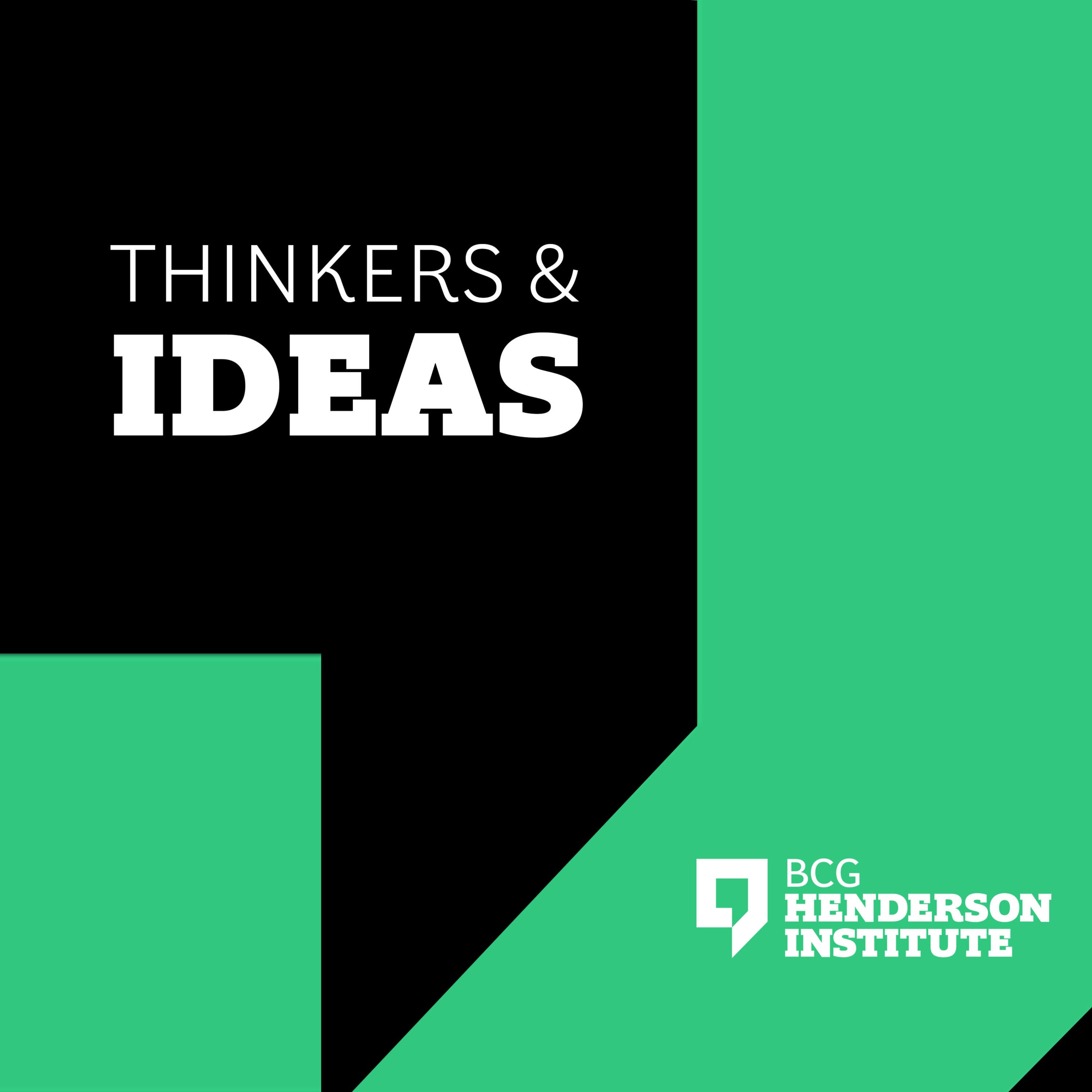How to Stay Smart in a Smart World with Gerd Gigerenzer
Description
In his latest book, How to Stay Smart in a Smart World: Why Human Intelligence Still Beats Algorithms, psychologist Gerd Gigerenzer examines how humans need to adapt in order to make the best use of new technologies like AI.
Gerd Gigerenzer is director of the Harding Center for Risk Literacy at the University of Potsdam and director emeritus of the Center for Adaptive Behavior and Cognition at the Max Planck Institute and is an expert on human decision making. Together with Martin Reeves, Chairman of BCG Henderson Institute, he discusses the uses and limits of AI, the cost-benefit of using technology, and how we can do to better equip ourselves as individuals and societies to deal with this.
In particular, he argues that shaping the context for using AI or improving the skills of users may often yield greater returns than improving the technology itself. He proposes that using AI without doing either of these things can cause the atrophy of skills, create ambiguity around truthfulness, and foster unhealthy reliance. He proposes various practical strategies for making ourselves smarter in an increasingly algorithmic world.
***
About the BCG Henderson Institute
The BCG Henderson Institute is the Boston Consulting Group’s think tank, dedicated to exploring and developing valuable new insights from business, technology, economics, and science by embracing the powerful technology of ideas. The Institute engages leaders in provocative discussion and experimentation to expand the boundaries of business theory and practice and to translate innovative ideas from within and beyond business. For more ideas and inspiration, sign up to receive BHI INSIGHTS, our monthly newsletter, and follow us on LinkedIn and Twitter.
This podcast uses the following third-party services for analysis:
Chartable - https://chartable.com/privacy
More Episodes
In The Age of Outrage: How to Lead in a Polarized World, Karthik Ramanna provides a framework for leaders to navigate outrage—the intense, polarized reactions to perceived social injustices, political stances, and misaligned corporate actions—by addressing root causes, engaging stakeholders, and...
Published 11/12/24
Published 11/12/24
In The Corporate Life Cycle: Business, Investment, and Management Implications, Aswath Damodaran presents the corporate life cycle as a universal key for demystifying business finance, strategy and company valuation.
Damodaran is a professor of Finance at the Stern School of Business at New York...
Published 10/29/24


